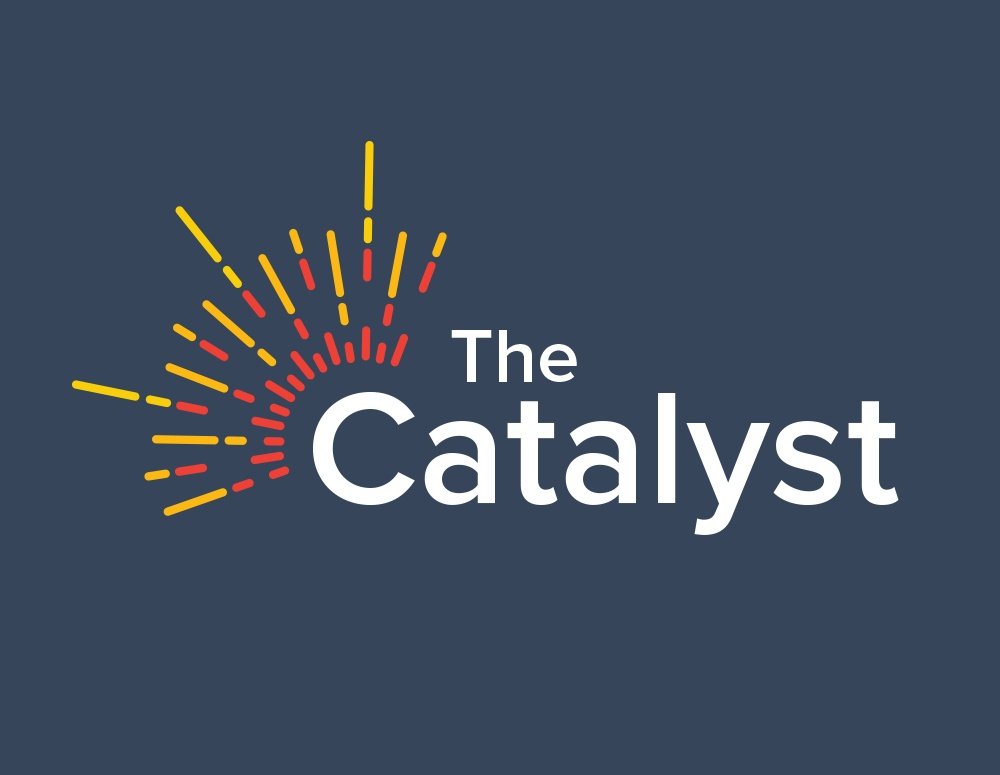Compulsory licensing: A misused and abused international trade law
To maintain our position as the world’s top biopharmaceutical

Compulsory licensing: A misused and abused international trade law.
To maintain our position as the world’s top biopharmaceutical

Compulsory licensing: A misused and abused international trade law.
To maintain our position as the world’s top biopharmaceutical innovator, the U.S. biopharmaceutical industry needs predictable and reliable intellectual property protections. Compulsory licensing abuse – along with price controls and other trade barriers – threatens to chip away at our foothold and erode the resources companies can invest in the next generation of medicines.
In certain instances, such as public health emergencies, trade partners may legally issue a compulsory license – through which a government permits the making, use, sale or importation of patented pharmaceuticals without the patent-holder’s permission. However, some emerging economies are using the threat of compulsory licensing as a negotiating tool to strong-arm American companies and tip the scales. Others are issuing compulsory licenses even when globally-accepted standards are not met.
For example, the Indian government has long sought compulsory licenses to promote local production at the expense of U.S. manufacturers and workers. In one instance, India granted a compulsory license to a homegrown generic drug-maker for the production and sale of a patented oncology medicine in part because it was not manufactured in India. Meanwhile, India’s domestic pharmaceutical industry wins out – total sales for Indian generic drug companies continue to see double digit growth– while U.S. companies are harmed and 4.5 million jobs are put at risk.
Yet despite these abuses, studies have actually proven that compulsory licensing is an ineffective and unsustainable tactic. Rather, voluntary licensing and drug donation have long produced improved health outcomes and increased access without undermining the global supply chain or flouting international trade law. In fact, one obligation under international law requires that, prior to issuing a compulsory license, the acting government must first pursue a voluntary license with the patent-holder. However, certain U.S. trading partners continue to ignore these obligations and experiences by adopting laws and regulations that allow for compulsory licensing.
Indonesia is another example of such abuses. In 2016, the country adopted a new patent law that enables the government to grant compulsory licenses on broad public interest grounds and in circumstances where the drug is merely being manufactured outside its borders – violating terms of the WTO TRIPS Agreement. Further, since 2004, Indonesia has issued compulsory licenses on nine patented pharmaceutical products without even attempting to engage with the patent-holders on voluntary licenses or considering other more sustainable solutions.
For decades, international trade law has protected innovative ideas so they can thrive and propagate. Routine use of compulsory licenses is chipping away at this protection, and endanger U.S. biopharmaceutical innovators, as well as the economic output and jobs they support.